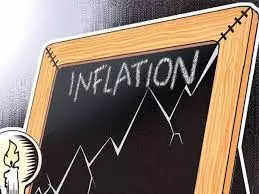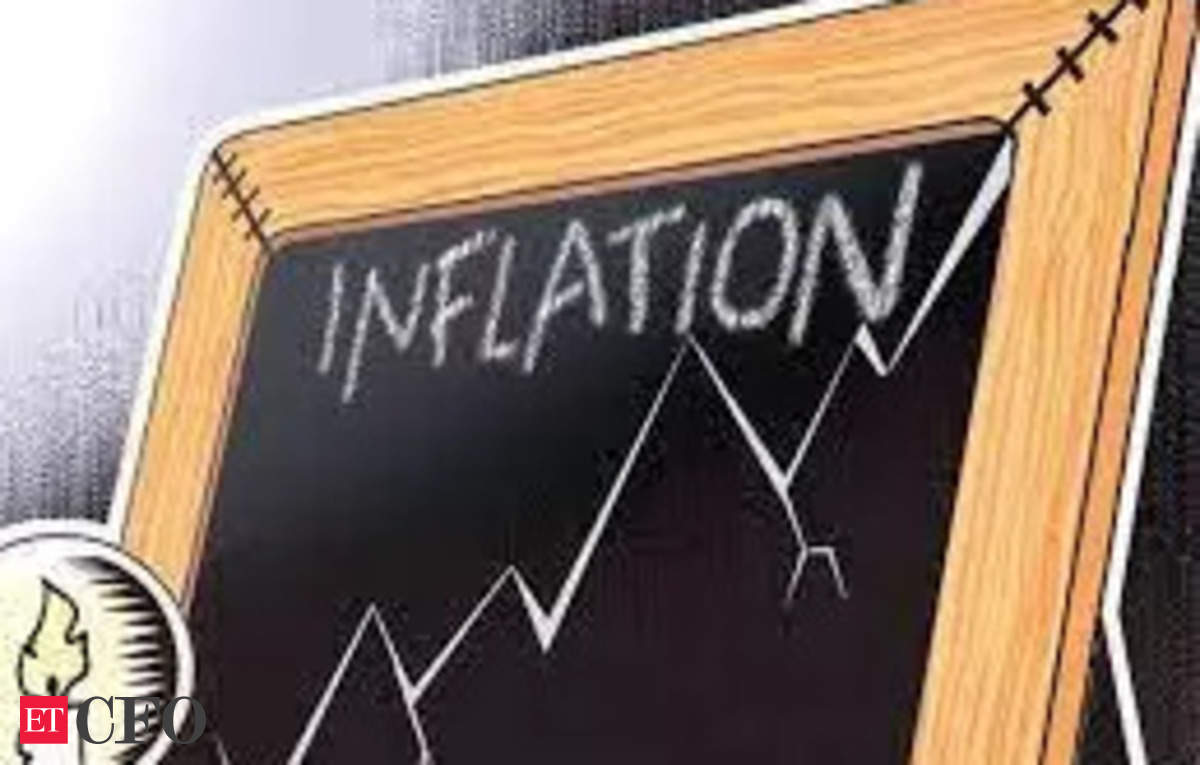[ad_1]

The Reserve Bank of India sees CPI inflation falling below 5 per cent only in the second quarter of the next fiscal as it sees recurring food price shocks impeding the ongoing disinflation process.
“CPI inflation is projected at 5.4 per cent for 2023-24, with Q3 at 5.6 per cent; and Q4 at 5.2 per cent. Assuming a normal monsoon next year, CPI inflation for Q1:2024-25 is projected at 5.2 per cent; Q2 at 4.0 per cent; and Q3 at 4.7 per cent. The risks are evenly balanced,” RBI Governor Shaktikanta Das said in the Monetary Policy Statement.
Going ahead, inflation outlook would be considerably influenced by uncertain food prices. High frequency food price indicators point to an increase in prices of key vegetables which may push CPI inflation higher in the near-term, he said.
The ongoing rabi sowing progress for key crops like wheat, spices and pulses needs to be closely monitored. Elevated global sugar prices is also a matter of concern. On the positive side, global commodity prices, particularly, agricultural commodity prices, have softened except rice.
For highly import dependent food items like edible oils, international prices continue to remain soft. Domestic milk prices are stabilising. Pro-active supply side interventions by the government are also containing domestic food price pressures. Crude oil has softened considerably, though it may remain volatile, the RBI said.
Core disinflation
Core disinflation has been steady, indicative of the impact of past monetary policy actions. Headline inflation, however, remains volatile, with possible implications for the anchoring of expectations. Domestic food inflation unpredictability, and volatility in crude oil prices and financial markets in an uncertain international environment pose risks to the inflation outlook, it said.
The path of disinflation needs to be sustained. The MPC will carefully monitor any signs of generalisation of food price pressures which can fritter away the gains in easing of core inflation.
CPI headline inflation fell by about 2 percentage points since the last meeting of the MPC to 4.9 per cent in October 2023 on sharp correction in prices.
Uncertainties in food prices along with unfavourable base effects are likely to lead to a pick-up in headline inflation in November-December. Kharif harvest arrivals and progress in rabi sowing together with El Niño weather conditions need to be monitored. Adequate buffer stocks for cereals and a sharp moderation in international food prices, along with pro-active supply side interventions by the Government may keep these food price pressures under check.
Crude oil prices may remain volatile. Early results from the firms polled in the Reserve Bank’s enterprise surveys indicate softer growth in input costs and selling prices for the manufacturing firms in Q4 relative to the previous quarter, while price pressures persist for services and infrastructure firms.
The MPC felt that the monetary policy must continue to be actively disinflationary to ensure anchoring of inflation expectations and fuller transmission. The MPC will
remain resolute in its commitment to aligning inflation to the target. The MPC also decided to remain focused on withdrawal of accommodation to ensure that inflation progressively aligns to the target, while supporting growth.
[ad_2]
Source link



